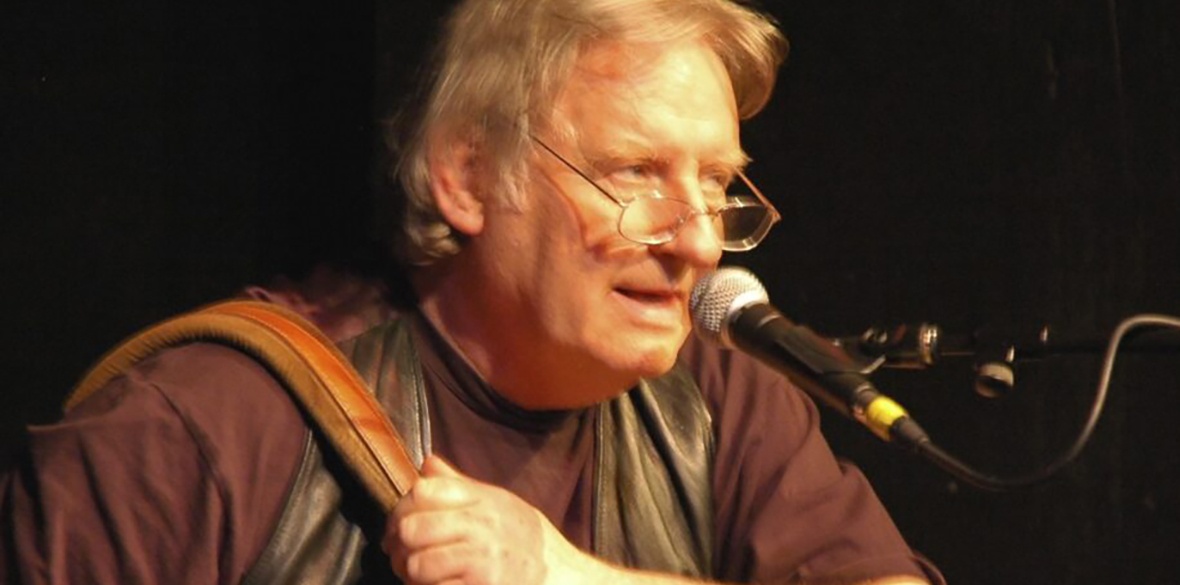This is the last article you can read this month
You can read more article this month
You can read more articles this month
Sorry your limit is up for this month
Reset on:
Please help support the Morning Star by subscribing here
THE title poem of Farid Bitar’s Screaming Olives (Smokestack, £8.99) is about the million Palestinian olive trees cut down by the Israeli authorities and settlers since 1967 in order to ruin the Palestinian economy and uproot Palestinian culture.
These are poems about a country that no longer exists but refuses to die. They are about occupation, resistance and resilience and are a demand for the right of return for the five million Palestinians living in exile.
Bitar — who has lived in exile for 40 years — connects the story of his “stolen homeland” to stories of oppression and injustice everywhere: “Emmett Till lynched in 1955/Way down near Selma Alabama/Ali on Grill, the settler taunted/Burned in Duma-West Bank-Palestine in 2015/ Mississippi still.”
Sea Planes and Seed Trays (Hose Pipe Band, £6) is a collection of songs and poems by Simon Haines, mostly written in response to news events. There is a lovely song about the Burston school strike and some well-aimed attacks on the current government and its wealthy friends:
“They make money from our misery and profit from our pain ... They brought me up to be non-violent cos violence is a sin/But so many of your policies/Make me want to kick your head in.”
In November 1643, 800 Royalist cavalry and foot soldiers tried to seize the small West Riding town of Heptonstall from the occupying parliamentary forces.
Although they were driven back after a bloody night battle, several weeks later the Royalists returned in greater numbers, sacking the town, burning the houses and taking the livestock. The wool trade was destroyed for a generation. Plague followed.
A few years ago, Michael Crowley turned the story of this small and bloody battle in the English civil war into a community play. His new collection, The Battle of Heptonstall (Smokestack, £7.99) takes some of the characters from the play, real and imagined, and lets them tell their own version of events.
It is an examination of ideology, class and Englishness, from the Putney Debates to Brexit, a book about propaganda and division, authority and dissent, reaction and resistance, then and now:
“He that lives in a ditch has a better view/of the fields than a man on a throne. The man behind a plough knows the price/of corn better than a merchant./We who stand in the queue for a contract/that adds up to nothing have lived before.”
No poet writes so well as Martin Hayes about the conditions of work in the 21st century, its frustrations and absurdities, as well as its consolations.
His new book, Ox (Knives Forks and Spoons Press, £15), is a kind of modern fable about the relationship between those who do all the work and those who take all the profit: “Ox has realised that he is just an ox/and not a farmer/Ox has realised/that he isn’t supposed to have dreams/or an opinion.”
Ox is hard-working, long-suffering and mostly uncomplaining. But occasionally he starts to wonder what lies beyond the edge of the field and why oxen work so hard and yet are always hungry: “That’s when an ox starts becoming a problem/and why/there is a multi-billion-pound industry/producing thwacking sticks/for farmers to hold.”
It’s a rich, inventive, comic and often moving sequence. Ox may be dumb, but he is not completely stupid:
“Ox was never going to understand/Einstein’s general theory of relativity ... but you could best your very last pound/that every ox out there in the fields/or sat inside their leaky barns/after their 11-hour shifts had finished/totally understood and grasped/both theoretically and practically/what a hard day’s graft/doesn’t get you.”












